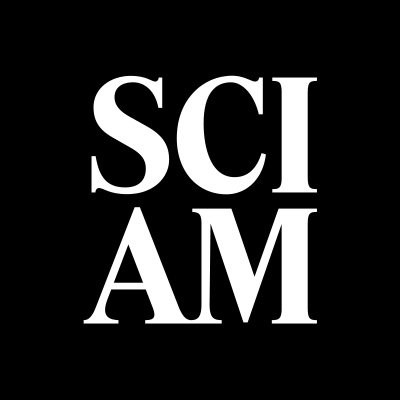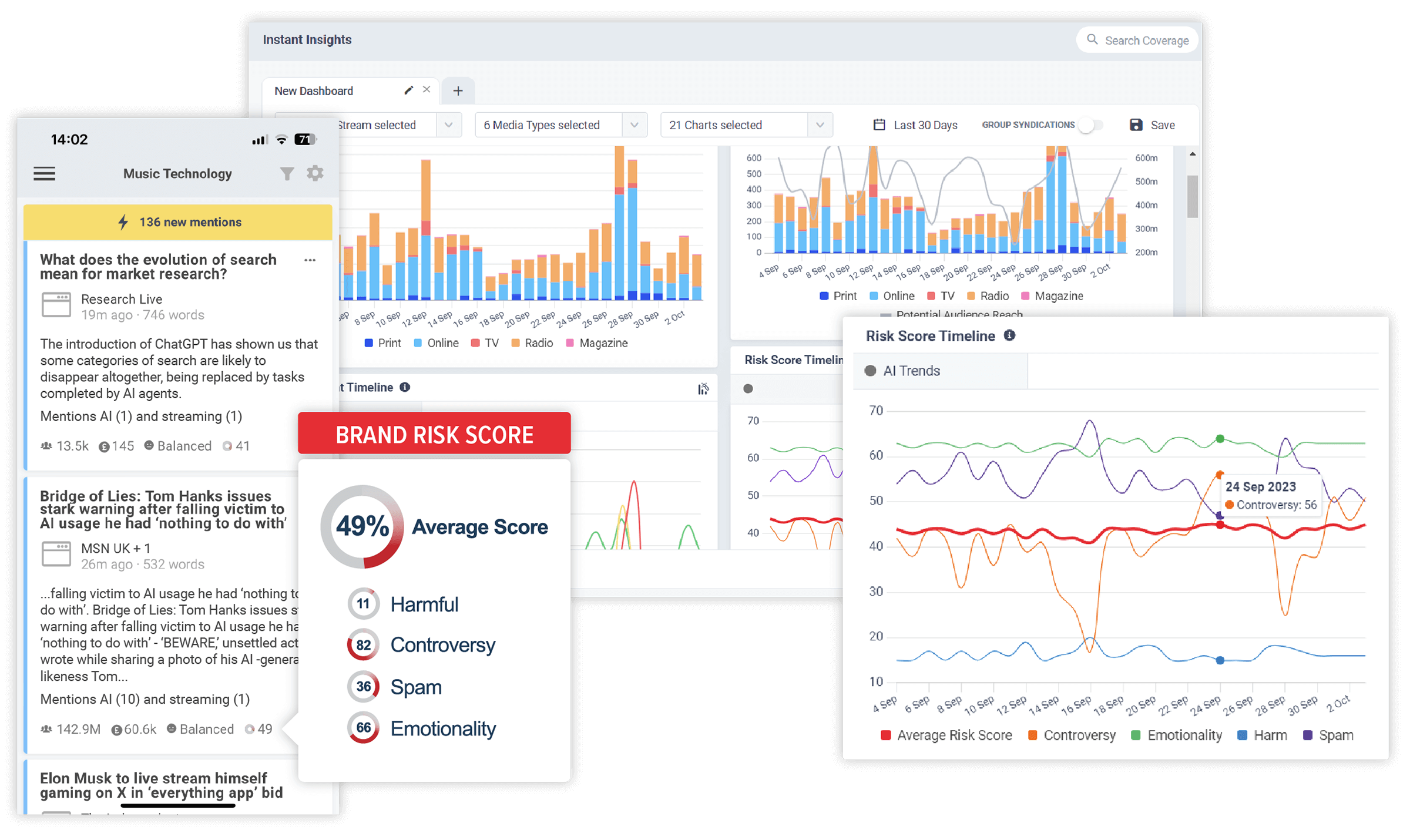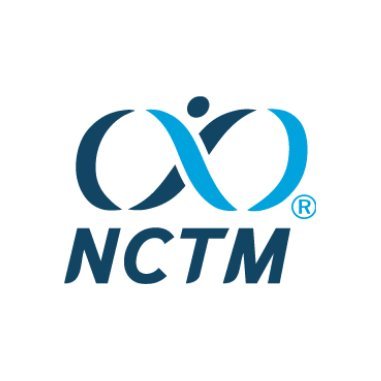About
Bio
Written for mathematics teachers and covers mathematics education through the middle grades. Provides a forum for the exchange of ideas and a source of techniques for mathematics education. Focuses on developments in curriculum, instruction, learning and teacher education.
Email
email@cision.one
Website
site@cision.one
Social media




Location
United States of America
Frequency
upgrade
Circulation
upgrade
Sectors
K-12, Mathematics, Teaching & Curriculum
Bio
Written for mathematics teachers and covers mathematics education through the middle grades. Provides a forum for the exchange of ideas and a source of techniques for mathematics education. Focuses on developments in curriculum, instruction, learning and teacher education.
Website
Social media
Location
Frequency
Circulation
Sectors
K-12, Mathematics, Teaching & Curriculum
Most recent articles by Teaching Children Mathematics
Lorem ipsum dolor sit amet, consectetur adipiscing elit
Article description
Lorem ipsum dolor sit amet, consectetur adipiscing elit
Article description
Lorem ipsum dolor sit amet, consectetur adipiscing elit
Article description
Explore outlets similar to Teaching Children Mathematics
-
 The Chronicle of Higher Education
The Chronicle of Higher EducationThe Chronicle of Higher Education is the professional news source for faculty members, academic officers and senior administrative officers who run colleges and universities in the U.S., Canada, and abroad. The publication overs news and trends affecting higher education, and includes coverage of scholarships, information technology, business and philanthropy, personal and professional news, government and political actions, listings of books, computer software, gifts and grants to colleges, tenure, appointments, retirement benefits, academic freedom, plagiarism, teaching, academic meetings, and a bulletin board. Founded in 1966 and originally owned by a nonprofit, in 1978 The Chronicle was sold to Jack Crowl and Corbin Gwaltney, and The Chronicle of Higher Education Inc. was formed.
View Scientific American
Scientific AmericanEstablished in 1845, Scientific American remains the oldest continuously-published magazine in the United States. Redesigned in October 2010, the publication covers the most important and exciting research in science, health, technology, the environment, and society, exploring important ideas often months and years before other media recognizes their importance. The magazine publishes 15 foreign language editions, and regular sections include Forum, which provides a platform for external experts to comment on science policy; Science Agenda, where editors can discuss different science issues; and Insights, which profiles a scientist or researcher and analyzes their contribution to society. Other sections include Anti Gravity and Skeptic. Regular columns include The Science of Health and TechnoFiles. Publicists should feel free to pitch anytime, although they should avoid pitching individual products or new company officer announcements. They should focus on science-based stories that are better told by a journalist than an expert.
View Education Week
Education WeekProvides superintendents, principals, school administrators & other educators and policymakers with coverage of the news and trends shaping K-12 education. Editorial content includes articles on developments at the national, state and district levels and features on curriculum, administration, teaching, research and students. Also reports on actions by federal agencies and educational organizations and examines education issues such as academic standards and technology.
View Popular Mechanics
Popular MechanicsPublished by Hearst and established in 1902, Popular Mechanics is designed to satisfy the reader's passion to know how and why things work. The publication covers how today's technologies affect the things readers are most interested in: their homes, consumer electronics, cars, science, computers, sports, and current events, and explains the way the world works in the 21st century. Editorial engages readers with breakthroughs on the latest advances in science and technology, and educates with informative how-to stories on digital technology, automotive, and the home. It also motivates minds to act with product reviews and comparisons on all of the latest equipment and products. Articles are broken into five departments: - Technology: covering the Internet, personal computers, computer games, and other consumer electronics - Automotive: featuring articles about new car models, motor sports, and automotive repair and maintenance - Science: covering general interest health, technology, and physical science topics - Home: offering home maintenance and renovation information - Outdoors: covering sports and outdoor recreation Other editorial sections include: - Technology Watch: a front-of-book section offering short news items on technology, aviation, environment, energy, computers, robotics, space, transportation, health, and military - Spy Report: comprehensive sneak peeks of cars and trucks coming out of the U.S., Europe, and Asia - Great Stuff: listing new home, automotive, recreation, consumer electronics, and fitness products - Time Machine: revisiting article topics from 90, 60, and 30 years ago
View Use CisionOne to find more relevant outlets
Use CisionOne to find more relevant outletsContact Teaching Children Mathematics and get access to over 850K accurate, up-to-date media profiles.

Discover the stories that impact your brand. In realtime.
CisionOne delivers relevant news, trends and conversations that matter to your brand with the world’s most comprehensive media monitoring service across Print, Online, TV, Radio, Social, Magazines, Podcasts and more.

